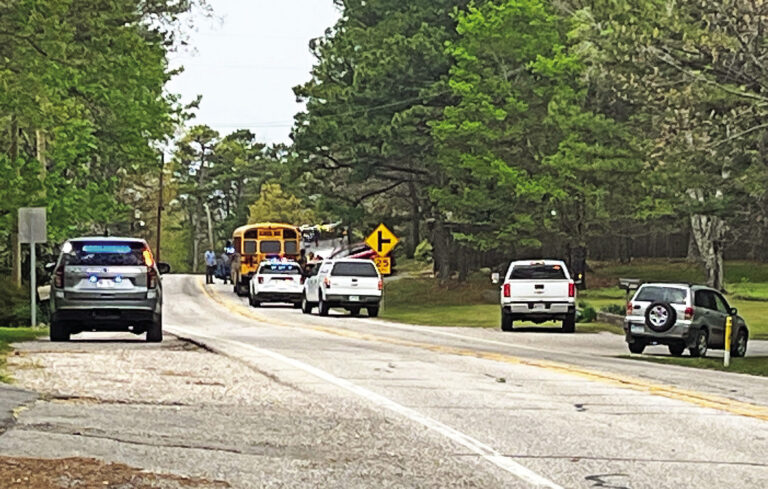The Eureka Springs Planning Commission will host a series of workshops over the next three months to discuss and get feedback on the possibility of revamping the rules and regulations for bed and breakfast locations in the city.
The commission decided at its Feb. 13 meeting to hold workshops on the topic at 5 p.m. March 12, April 9 and May 14, each starting an hour before the regularly scheduled monthly meeting.
“We want residents’ feedback,” commission chair Susan Harman said.
A current moratorium on B&Bs expires in August and commissioners discussed whether they wanted more locations in the future and whether current requirements should be amended to focus on what fits best for the city.
“I went through a bunch of ordinances that were out there and the theme has consistently been since like 2012, every time there was a moratorium put on bed and breakfasts it was because we were revamping the description or we were trying to figure out who was doing what and who wasn’t doing what,” Harman said of the requirements of running a B&B. “… I started thinking a little bit and I thought that it’s a name, it’s called a [Conditional Use Permit] for bed and breakfast, right? But is that really important?”
Requirements for a bed and breakfast include that the location must serve breakfast. Harman said while the B&B she owns serves a full breakfast, she understands that some locations, and commissioners, are OK if what is served is more casual, like muffins and fruit.
“So, I don’t think really the important thing is whether or not we even mention breakfast [in the regulations] because we know we have people out there that aren’t doing what they’re supposed to do anyway,” Harman said.
Harman later said she felt the most important focus for regulating B&Bs should be that someone is living on the property to manage and control the traffic and activity.
“… My question really is what’s important to our neighborhoods?” Harman said. “Is it that they’re doing a breakfast or that they have somebody living on property? I would argue at this stage in 2024 that the most important thing is that there is somebody living on the property.
“If we’ve got new licenses out there, I would like to see planning look at it and say that unless it is an owner resident or a manager resident, I’m sorry but we’re not giving out any more licenses for new properties because a small cottage that has two bedrooms is a building that’s being taken away from residential.”
Harman said some B&B locations are managed daily by companies that aren’t living on-site.
“I agree with you and I’m at the point that I just don’t think we need any more at all,” commissioner Ann Tandy-Sallee said, later adding, “I think the concern for me are some of these bed and breakfasts that call themselves bed and breakfasts that really are tourist lodging. That have outside entrances, they never see their guests, they don’t serve breakfast and they skirted around because we no longer do tourist lodging.”
Even though breakfast is in the name of the category of the rental, Harman said she feels other things are more important for the planning commission to monitor.
“I don’t think the name is important at this point,” she said. “I think it is somebody living there. And any new licenses, because we want to maintain our neighborhoods …. are they subject to an inspection? Do they have fire extinguishers? Do they have carbon monoxide deals? Have they paid their taxes? Those are the important things.
“So, when we come up at the end of this moratorium, I really think we should have some more discussions, maybe have a couple of workshops, and see what the residents think. Are we hung up on the name in trying to make it work with the name? Or, do we need to change the name and say this is what we require of any new CUPS in a residential neighborhood.”
Harman said in the past the breakfast was the focus of the regulations while the neighbors were more concerned with whether there was “actually somebody who lived there that could monitor the property.”
“… Do we change the name of it?” she asked. “… There’s a lot of different variety of things that you could do. Obviously we want to transfer those licenses that are currently out there. We don’t want to take that away from anybody. Any new CUPs, we should be calling it something. And like I said, does bed and breakfast really apply anyway? … If I wanted to change to just an owner-occupied property, could I do that?… ” Tandy-Sallee replied: “Well, there’s no tourist lodging in the residential areas and we have to take that into account.”
“That’s what I’m saying, do we call it an owner-occupied property?” Harman responded.
In the end, commissioners agreed that a series of workshops would be important.
“I’m all for doing some workshops to see what the residents want or don’t want,” Tandy-Sallee said.

